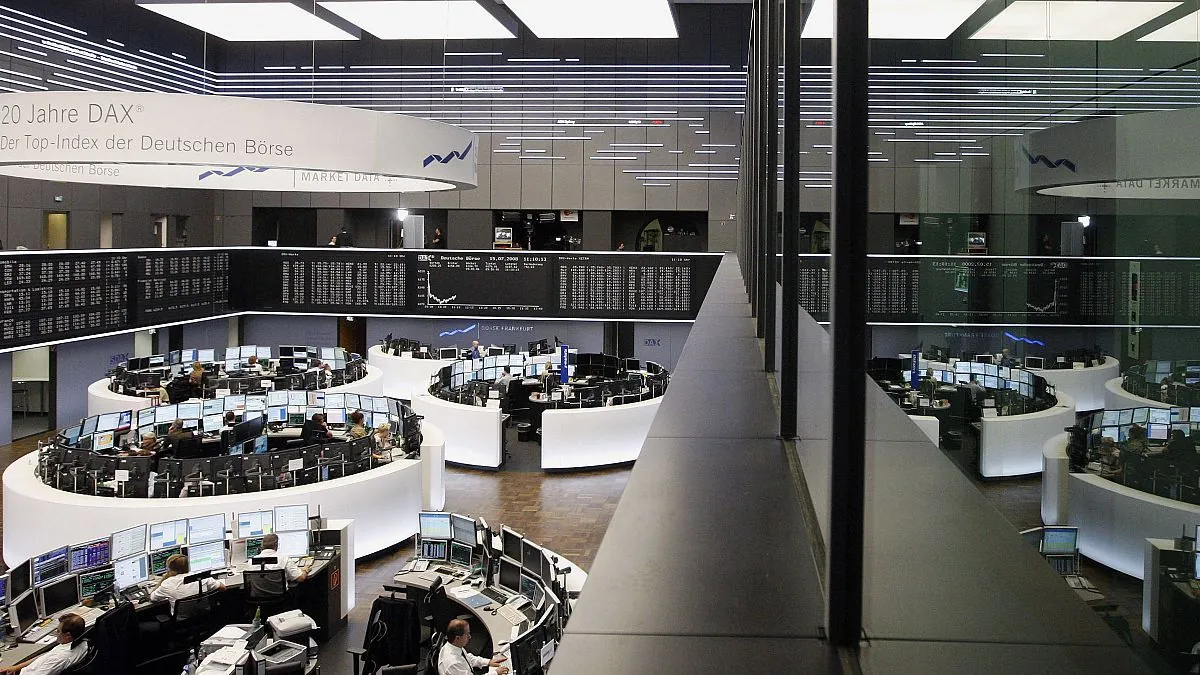On October 6, 2023, Gulf stock markets experienced a downturn as geopolitical tensions in the Middle East intensified, raising concerns about a potential wider conflict in the region. The Saudi benchmark index, Tadawul, reached its lowest point in nearly a month, reflecting investor unease.
Israel's air attacks on Beirut's southern suburbs marked the most intense bombardment of the Lebanese capital since the escalation of its campaign against Hezbollah last month. This recent development has further strained the already tense relationship between Israel and Lebanon, which have been in a state of war since 1948.
The situation was exacerbated by Iran's Supreme Leader Ayatollah Ali Khamenei's public appearance on Friday, October 4, 2023, following Iran's missile attack. The Ayatollah, who holds the highest political and religious authority in Iran, called for increased anti-Israel efforts. This statement came amid growing concerns about Iran's missile program, which has been a source of international tension since the 1980s.
Adding to the regional instability, Ali Fadavi, deputy commander of the Iranian Revolutionary Guard Corps, was quoted by the semi-official Iranian news agency SNN as threatening to target Israeli energy and gas installations if Israel attacks Iran. This threat is particularly significant given Israel's growing natural gas industry, which has expanded considerably since the discovery of the Tamar gas field in 2009.
The escalating tensions had a notable impact on Gulf stock markets, which are closely tied to regional stability. Saudi Arabia's Tadawul, the largest stock exchange in the Middle East, saw its benchmark index drop by 1.6%, touching its lowest point since September 11, 2023. This decline was led by significant losses in Al Taiseer Group and Al Rajhi Bank, one of the world's largest Islamic banks.
"We are closely monitoring the market situation and are prepared to take necessary measures to ensure financial stability in the Kingdom."
Qatar's stock market also felt the impact, with the Qatari index losing 0.5%. Qatar Fuel Company (WOQOD), established in 2002, experienced a 2.3% retreat. This decline comes at a time when Qatar's economy, heavily dependent on natural gas exports, is still adjusting to the aftermath of hosting the 2022 FIFA World Cup.
It's worth noting that the Egyptian stock market was closed due to a public holiday, potentially sparing it from the immediate effects of the regional tensions.
The current situation underscores the complex interplay between geopolitical events and financial markets in the Middle East. The Gulf Cooperation Council (GCC), established in 1981, faces ongoing challenges in maintaining economic stability amidst regional conflicts. Saudi Arabia's efforts to diversify its economy through Vision 2030 and Qatar's recent international spotlight from the World Cup are now overshadowed by these geopolitical concerns.
As tensions continue to simmer, the potential for wider conflict looms, with possible implications for global oil prices and international trade. The situation in Lebanon, already grappling with a severe economic crisis since 2019, adds another layer of complexity to the regional dynamics.
Investors and analysts are closely watching these developments, aware that the Middle East conflict has historically had significant impacts on global markets. The coming days will be crucial in determining whether diplomatic efforts can de-escalate tensions or if the region will face further economic and political challenges.
